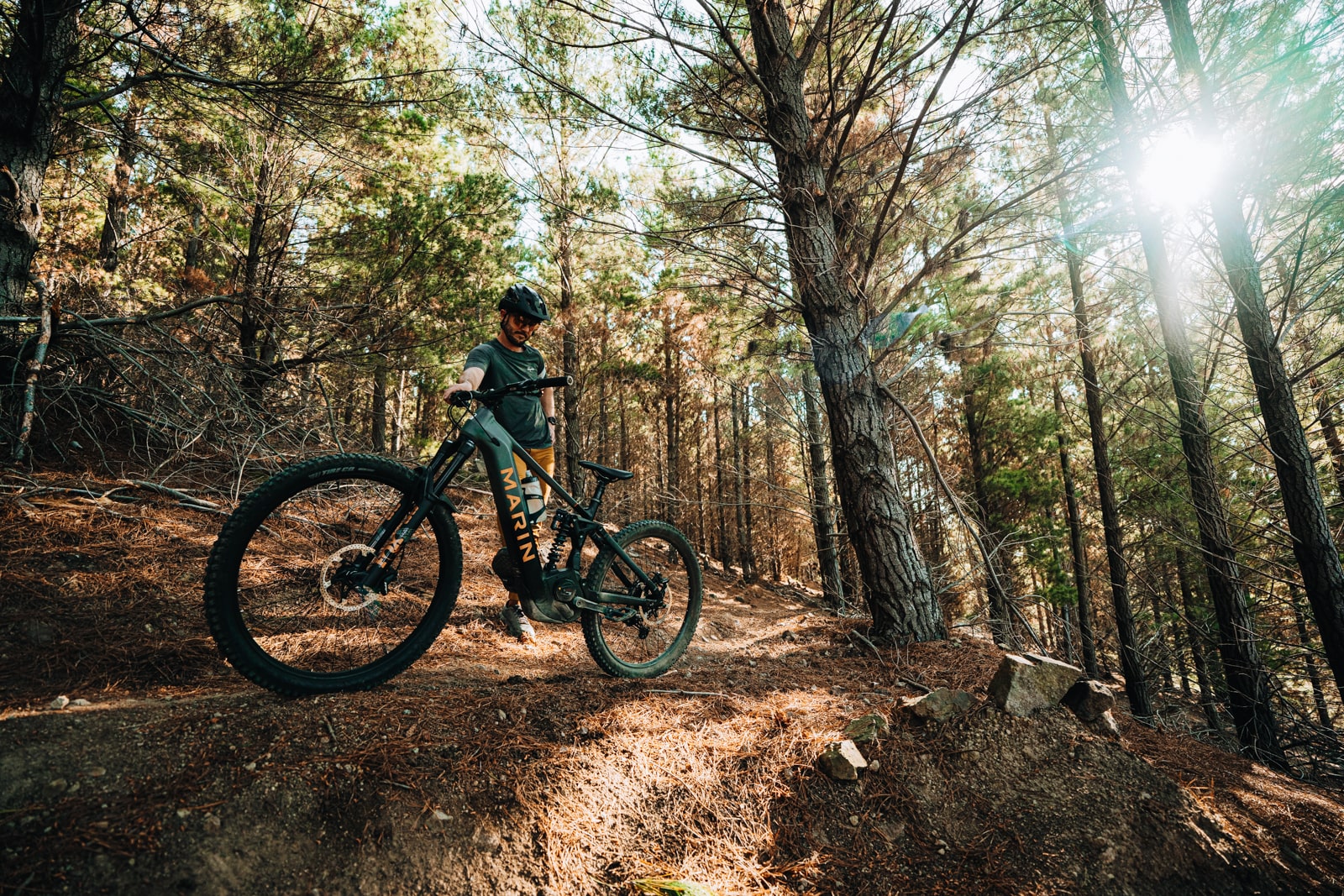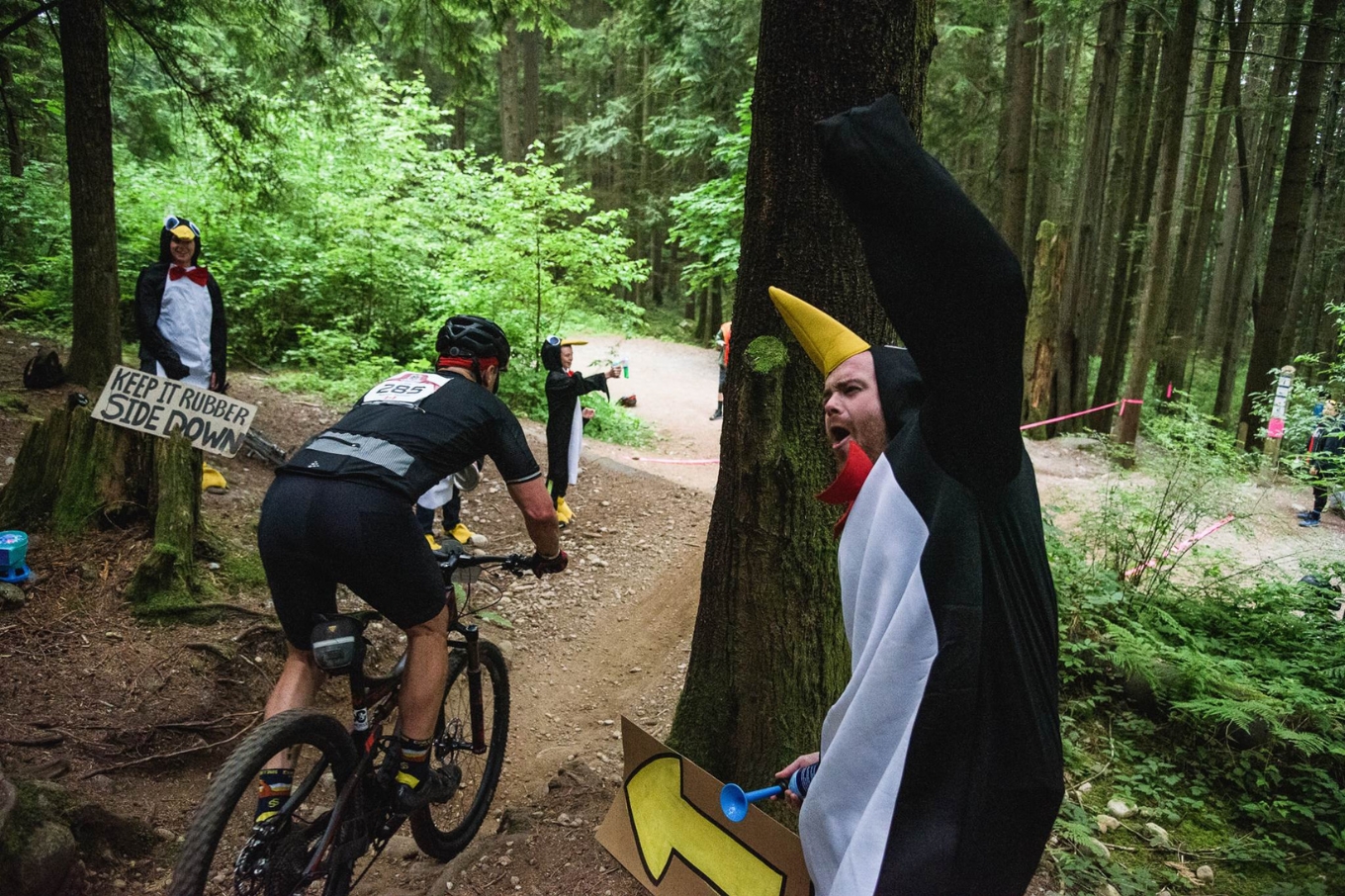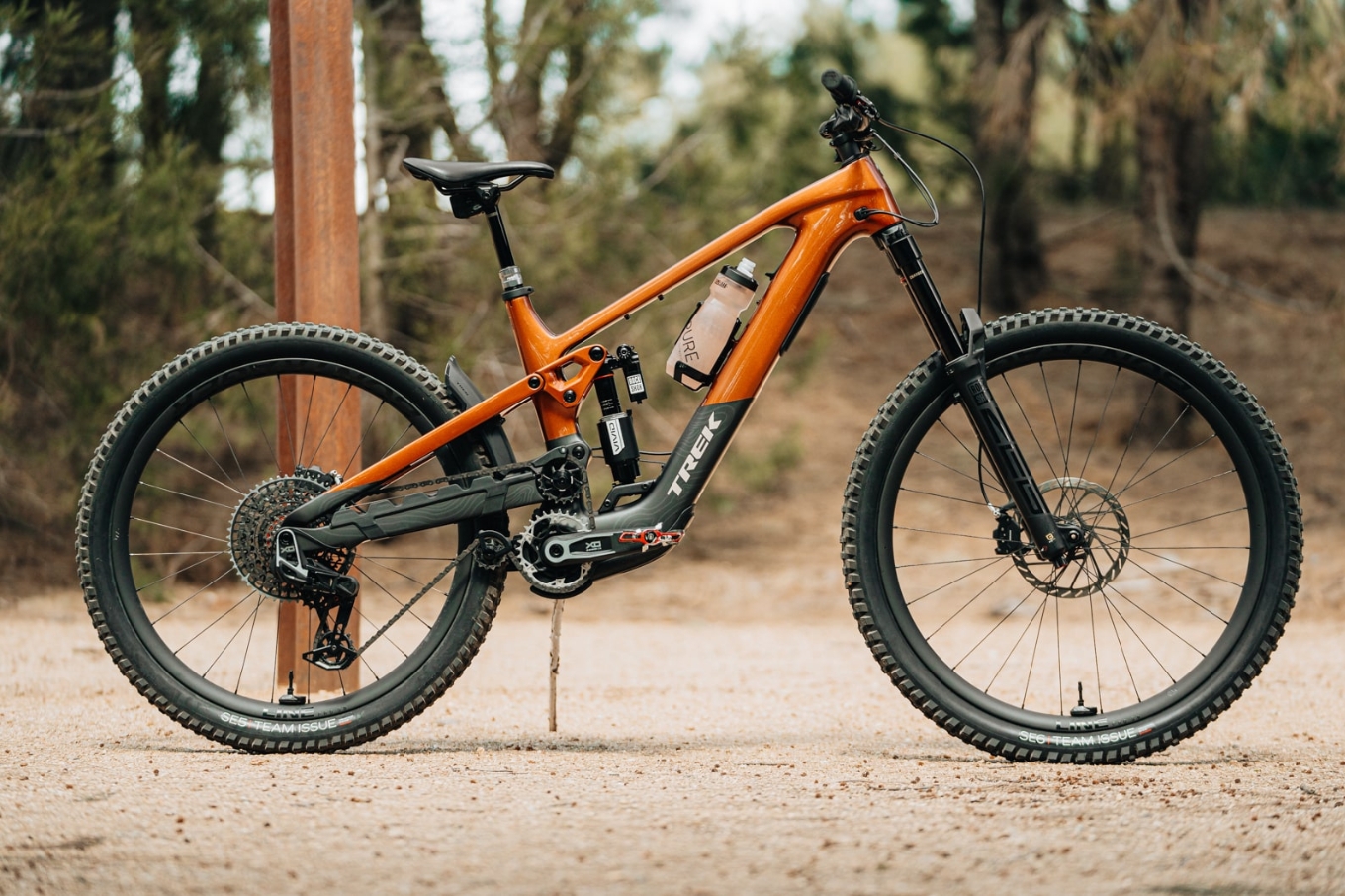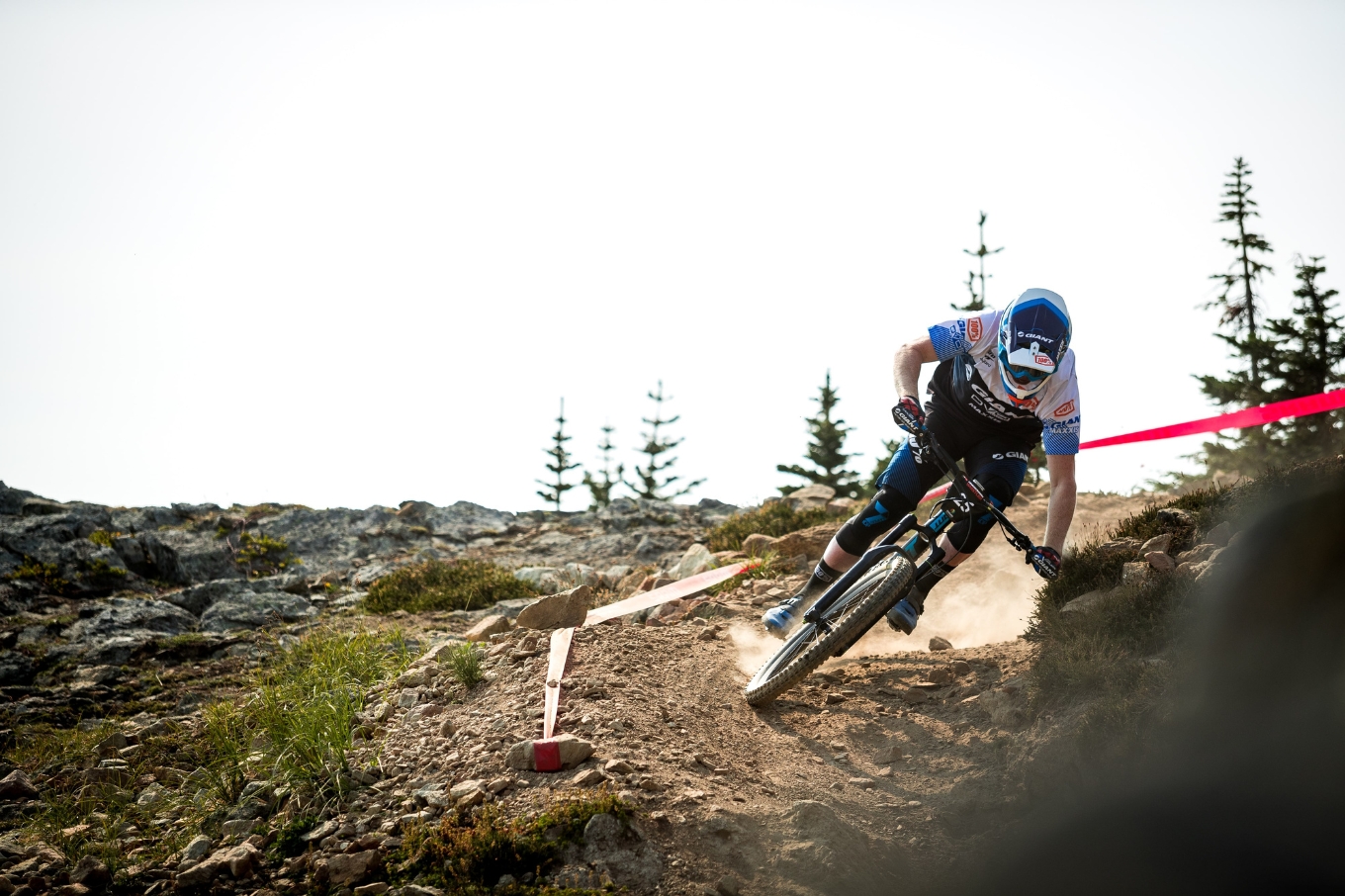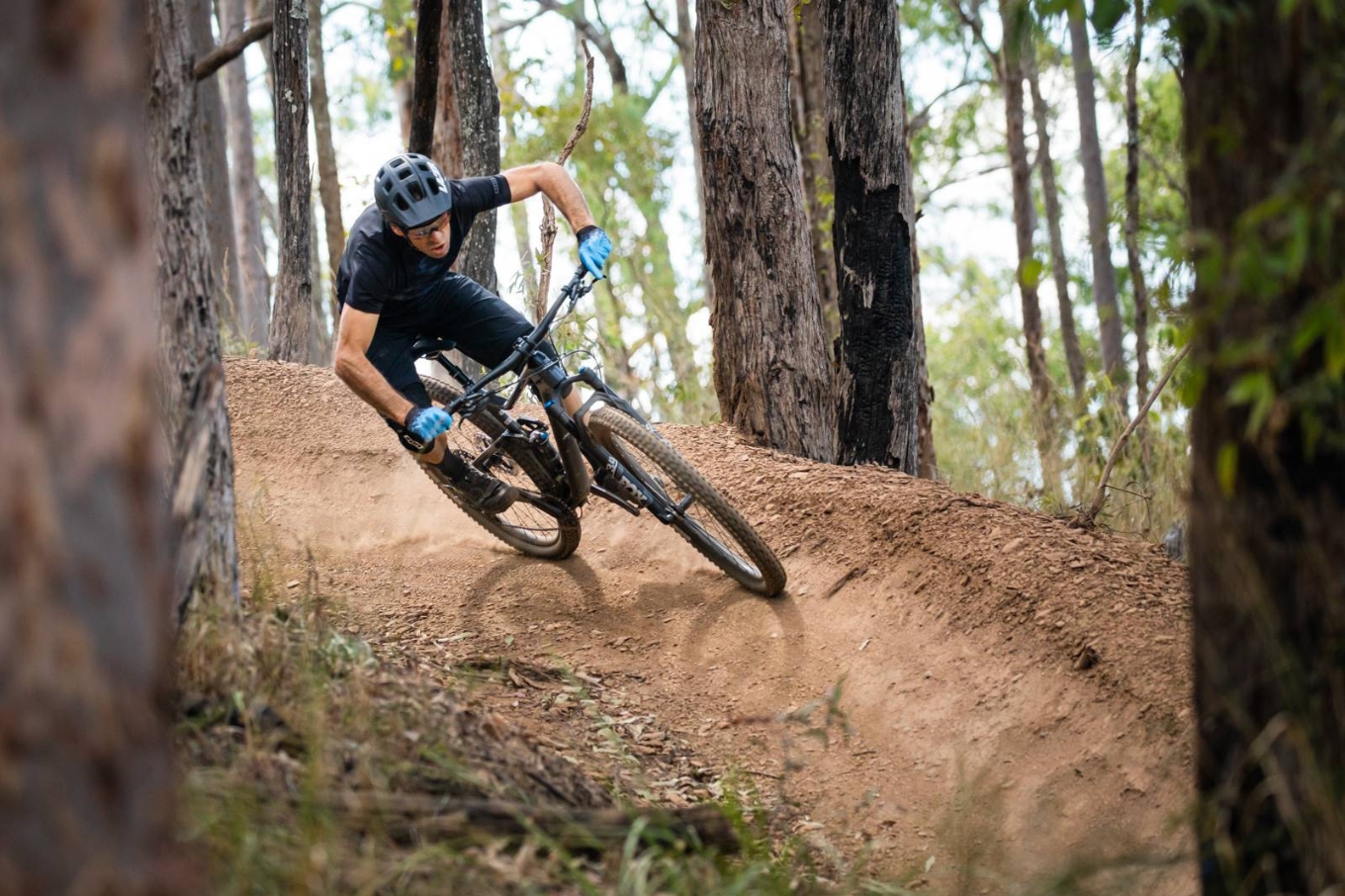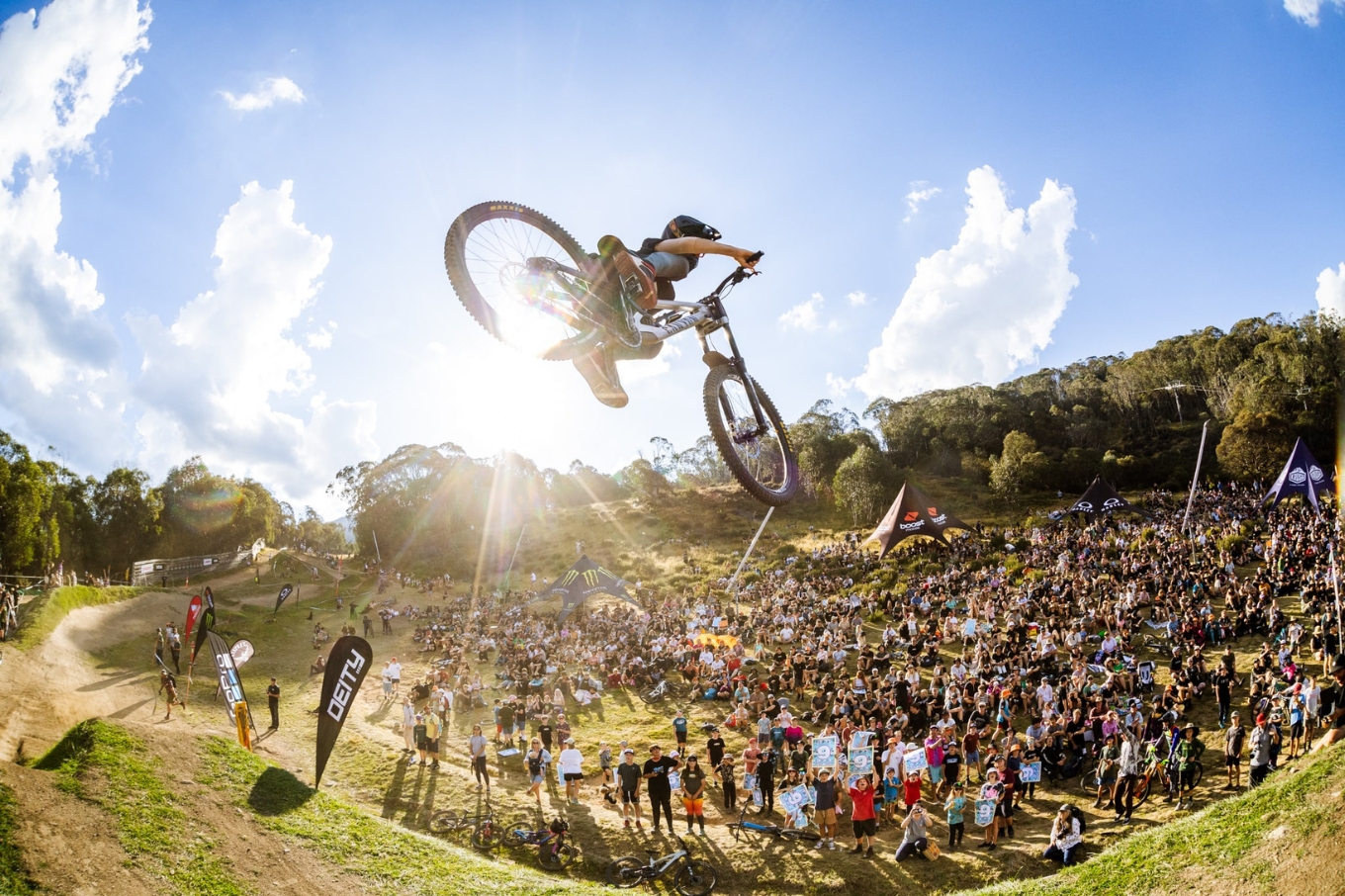A National Reflection
The Australian Nationals season. Reflection. Lessons learned and the secrets behind our successes.
The Australian National calendar is a crowded affair. With Mountain Bike Australia (MTBA) overlooking a National Series for Downhill, Cross-Country, Cross-Country Marathon, Gravity Enduro and Cyclocross, there are also National Championships for all those events and 24hr Solo.
Here at AMB we did our best to get to as many of the National Downhill and Cross-Country races as possible this past summer, including the Championship events. Here’s what we saw.
Words: Mike Blewitt Photos: Mike Blewitt and Nick Waygood
We’re world leaders in downhill
Ok, we didn’t come home with any Downhill World Titles in September at the World Championships in Cairns. But take a look at the riders who won the first two National Rounds at Awaba and Coffs Harbour and the National Championships in Bright. The tops steps of the podiums in the National Series and the National Championships wouldn’t look out of place at a number of international events.
In Cairns, Australia had 3 men in the top 5 and 2 women in the top 5. For the size of our country we really punch above our weight. If you look to the Junior Men’s scene there is a hungry generation coming through. With Kye A’Hern just landing a factory ride with Canyon Factory Racing there is also a clear sign that dedication and hard work will pay off. Kye’s time on race day not only won him the Junior Men’s Downhill title, but it placed him well up the ranks in Elite men. Australia’s dominance in World Cup Downhill doesn’t look like it is about to fade.

Our sport is in the hands of our clubs
What might be easy to miss from outside of the National Series and the National Championships, is the role that local mountain bike clubs play. While MTBA oversee the series and championships, the clubs host and run the events. I spoke to MTBA’s Technical Delegate Bob Morris about how they work with the clubs to prepare for and run an event.
“It depends on the capacity of the clubs, we try and fill in the gaps.” Morris plays a role a traditional technical delegate, looking at course safety and layout, and in some instances needs to make suggestions. “In Armidale for the XCE, I suggested we reverse the route. This meant ramps up stairs for some extra challenge, but it also meant the riders had an uphill sprint finish which was a lot safer.”
But in Armidale for the XCO National Championships, the New England Mountain Bike Club (NEMTB) ran most of the show. After two national rounds in 2017, and the NSW State Championship, NEMTB had worked with MTBA via Morris on course design and feedzones, so for the event “my role was to make sure it all looked right! They had done all the work, I just made some suggestions on behalf of MTBA.”
It is fitting that the Championships were the pre-eminent event, and Morris puts much of that down to how invested the members of NEMTB are in racing. They have club members involved in event organisation at just about any national level cross-country event in the country. And seeing how other clubs and events operate gives them a broad understanding of different ways they can operate. “They get to see how things work, and what doesn’t, and adjust accordingly,” states Morris. So while the National Series is not just a great step for helping riders develop, it helps clubs develop too, and assist with the growth of mountain biking in Australia.
MTBA on Commonwealth Games and the future
The XCO National Championships came soon after the 2018 Commonwealth Games selection was made public. It took many people by surprise that Australia would only have one woman and one man on the team – Bec McConnell and Dan McConnell. There was no allowance for a second rider, and many had expected that Holly Harris and Cam Ivory would also be named.
“This isn’t our ideal arrangement for the numbers going to Commonwealth Games,” stated MTBA’s CEO Shane Coppin. “This isn’t what we would have selected to suit MTBA’s objectives at this event. But we are in a situation where some of those decisions are out of our control. We are scheduled to sit down and have a number of discussions about how we can improve that.”
Currently, MTBA still operates under Cycling Australia (CA) for high performance programmes, but even for Commonwealth Games governance moves to another body.
“The team becomes a Commonwealth Games Team, once announced. Commonwealth Games Australia (CGA) recognise CA as the national federation, they don’t recognise MTBA inside that. We work with CA to the best of our ability to work on the selection critera, but ultimately as a national federation CA has the say. With the change in the CA High Performance strategy, their key objectives are winning medals at Olympic, Commonwealth and World Championship events. Their criteria is very driven towards performance. You won’t get in there unless you have a genuine chance to stand on a podium with a medal.”
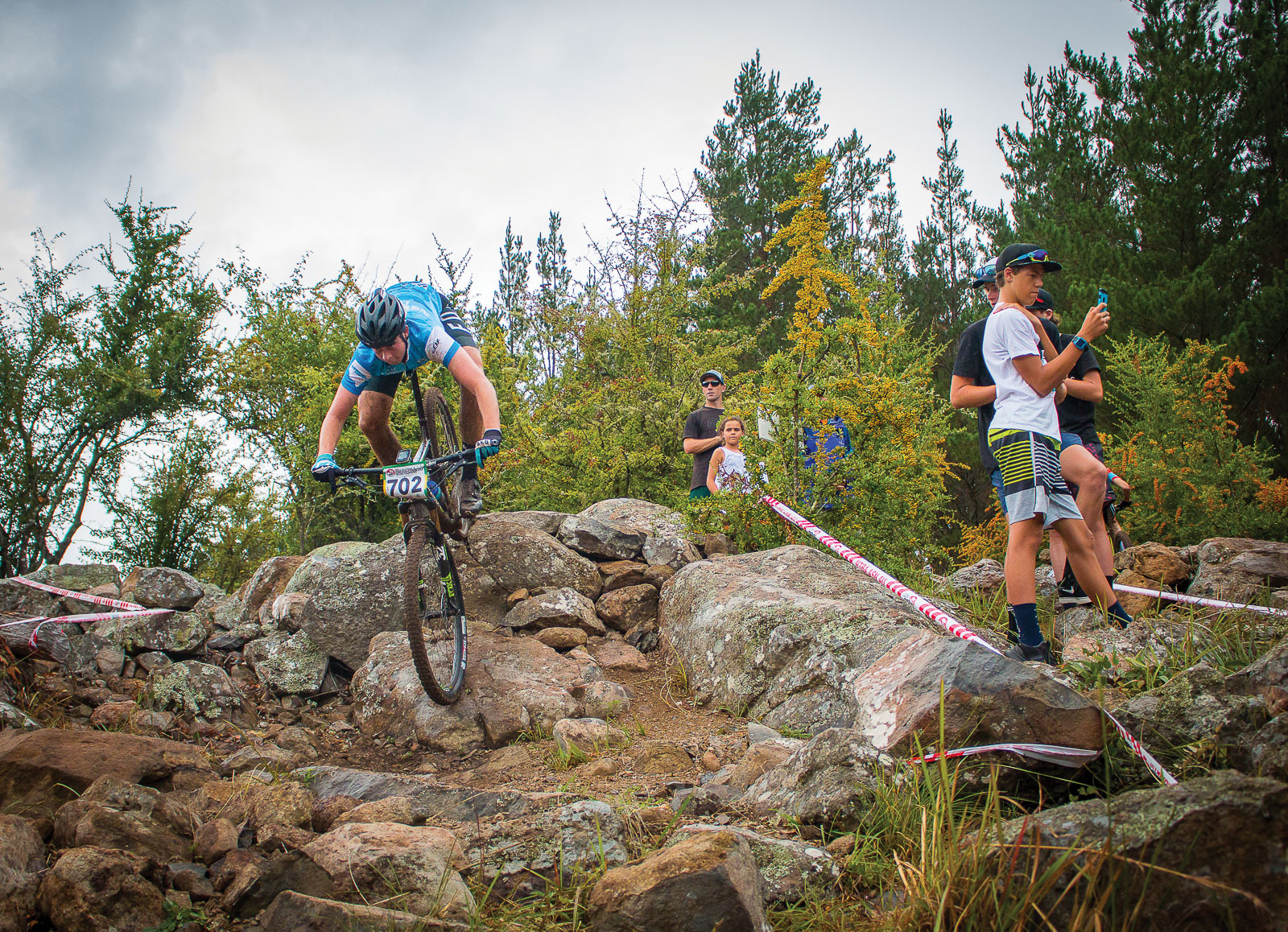
As such there is no scope for development or having emerging riders gain experience – but this is something MTBA are working on. Being awarded an National Sporting Organisation (NSO) status in 2017 is making inroads.
“An NSO is about recognition of a sport as a whole, and giving it legitimacy so it stands up against bowls, tennis, swimming and other sports. It also opens a door for potential funding to the sport, which wasn’t possible under the old structure. What you have is a situation is where BMXA and MTBA are not the UCI recognised body. With 190 something nations around the world, they just recognise one per country.”
There is a suggestion that one way forward may be to establish an umbrella framework representing the various cycling organisations.
“A pillar approach could provide a significantly improved and functional collaborative and cooperative structure for all of cycling. A key aim is to ensure the diversity and recognition of each discipline is maintained, able to grow and develop within an overall framework”. MTBA has assured us future discussions are planned amongst the three organisations.
“It’s important to realise the other benefits of being an NSO,” said MTBA’s Sport Manager Evan James. “There is recognition in sporting schools, grants programmes that the athletes are eligible to apply for, there’s a whole range of benefits. The motivation isn’t centred around high performance anyway. It’s about our grassroots and access to programmes for coach education, commissaire education and more. We can directly access that now.” This is an important point as sports grow from their foundation, not at the top. And what we are already seeing is growth in mountain biking via participation and young riders joining in the competitive aspects to the sport. And an NSO status offers tools and funding to keep this momentum rolling. “There are Juniors at this race here that have had $500 travel grants. That was not possible before.”
Coppin adds that the NSO status also opens up contact with the Australian Sports Commission directly. “The ASC can now take a legitimate interest in us, before they had to channel through CA technically as an affiliate. We’ve had discussions, and they can look at some of the stories that are happenning in mountain biking as a lifestyle activity and see opportunities to be involved. But receiving the NSO is one part of the process, and it’s a positive process.”
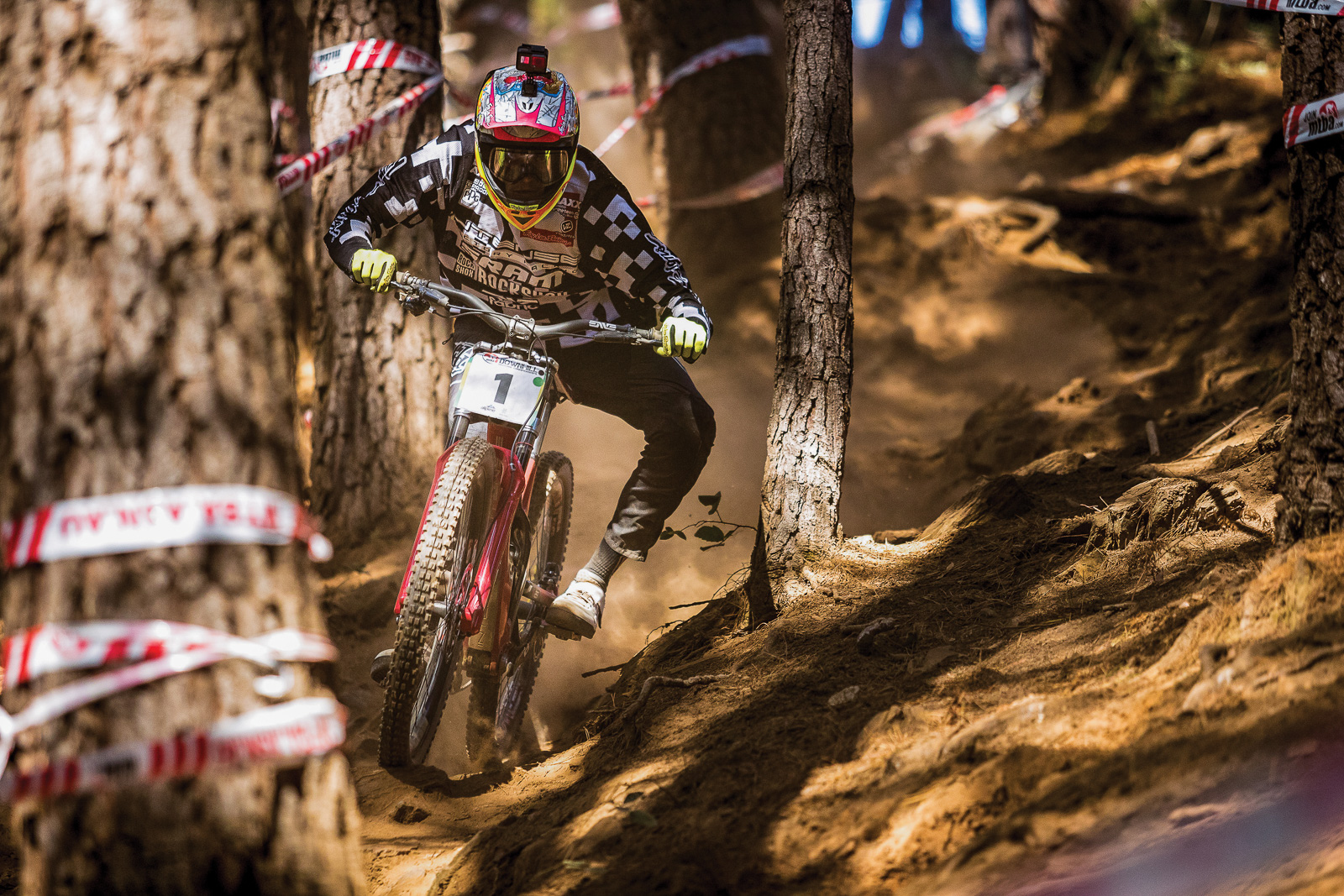
This all reflects well for the new generation of mountain bikers. The majority of our current crop of high performance athletes have achieved what they have with support from family, friends, private backers or the bike industry – and that won’t change in the short term as CA have taken back the last piece of high performance funding to MTBA. But MTBA are working hard for the future.
“We don’t want to miss anyone,” claims Coppin. “But there is a time process and when they look at a high performance programme they plan it over an 8 year cycle and that’s the harsh reality. We’re looking at what MTBA can control, like establishing an academy program. How do we dovetail that into making sure we get as many riders into national opportunities that we can? It does take time, but it also takes a dialogue. And the past two weeks has had a dramatic increase in dialogue with CA – the future is looking good.”
Toby Shingleton
Shimano Australia
Shimano support the World Cup globally, and at home, they support events like Rocky Trail Entertainment’s Shimano MTB GP Series, Bike Buller, EWS Tasmania and more. Mountain biking isn’t only about racing, but Brand Manager Toby Shingleton says that event support is still a key role for the brand.
“Our history with the sport shows that if a rider does well with a product, they tend to stick with it. Someone like Bec McConnell is a perfect example, she has ridden Shimano for ages and the challenge of finding a team that uses it as she knows and trusts it is a consideration.”
Shimano don’t just support elite racing, and a lot of their athlete support in Australia isn’t just aimed at the professional or elite riders.
“A lot of the guys we support have jobs working in bike shops,” states Shingleton. “They ride with mates, they ride with customers, and they’re a lot more engaged with the mountain bike community than some of the elite riders.”
And this is where Shingleton sees a lot of potential for the future – it’s the young riders who are developing, and they have a great core group. Riders like Cam Wright, Matt Dinham, Zoe Cuthbert, Sam Fox and more. “There’s a really talented generation of XC riders coming through. Seeing them all race in Cairns, with limited support. They’ve become a very tight-knit group. And seeing that culture there with this talent on the horizon gives me a real buzz.”
With a rainbow jersey on the shoulders of Cam Wright, and Matt Dinham on his back wheel, this is just the edge of a deep talent pool. With Cam’s title last year a lot of young riders in the U15 and U17 categories can see that reaching the very top of the sport is possible with the right work ethic. The future is exciting for sure!
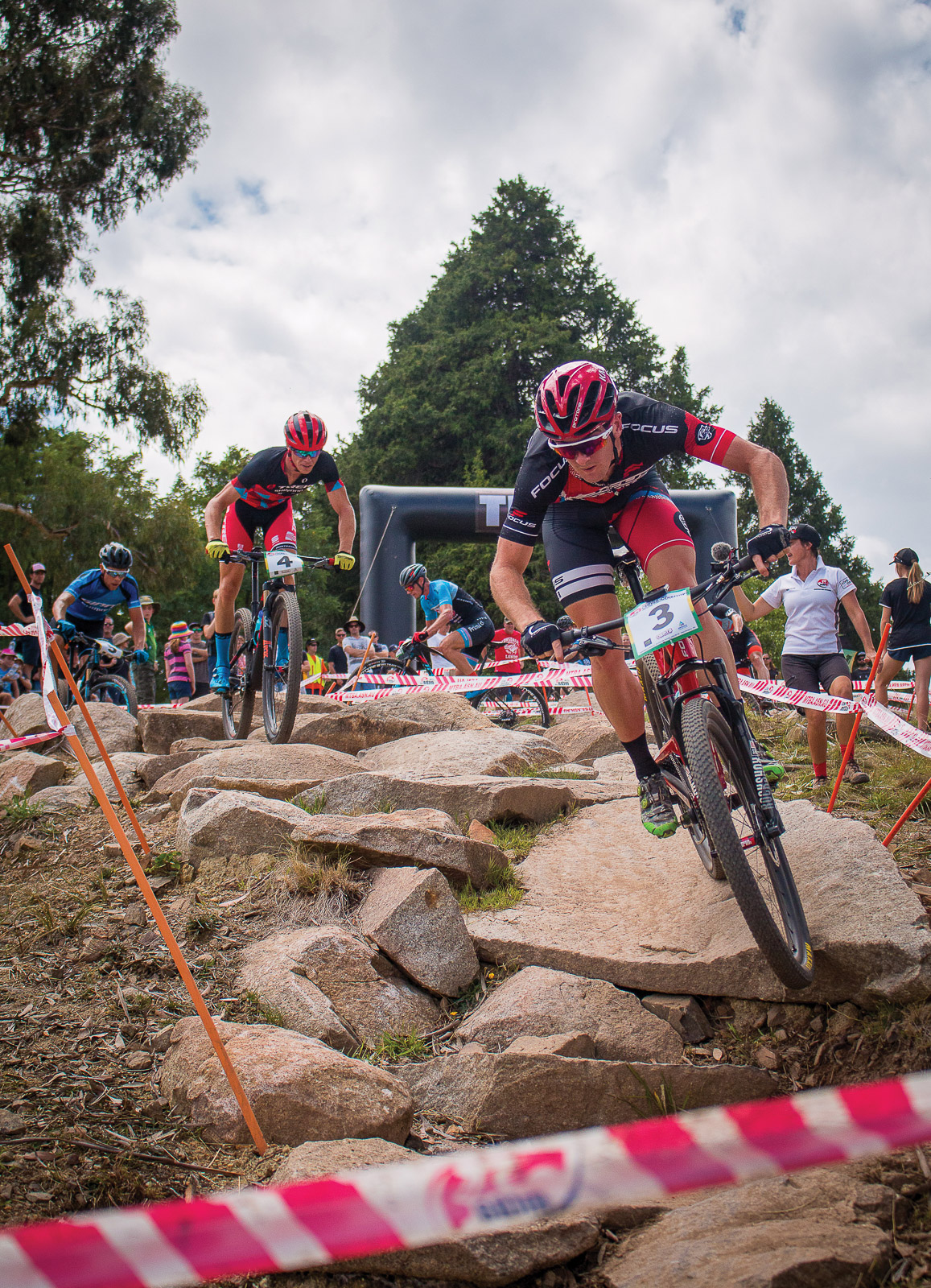
Junior Development is working
Look at the numbers. Both the Downhill and Cross-Country Natinal Championship weekends had 45% of riders in the Under 19 or younger age groups. If you were to witness the racing in the U19 and U17 categories, you’d be amazed by the depth of talent, and the level of camaraderie.
At this stage, the bias leans heavily towards young men. The Downhill National Championships in Bright had 106 Junior men, but only 6 Junior women. Women’s representation did a little better at Armidale in Cross-Country, with 29 riders in U19 or younger compared to 92 for men.
This isn’t just by chance. Late in 2017 MTBA gained a National Sporting Organisation (NSO) status, which creates direct access to sports funding. From coach and commissaire training through to Junior travel grants. The higher numbers of Junior riders at the National Championships are a direct result of this type of grant.
It’s important for developing riders to understand there is a pathway to continue along, and speaking to MTBA’s CEO Shane Coppin, and Sport Manager Evan James, it’s clear that this is still a work in progress, but that the steps achieved so far will reap rewards for the foundation of younger riders that are growing up with mountain biking right now.
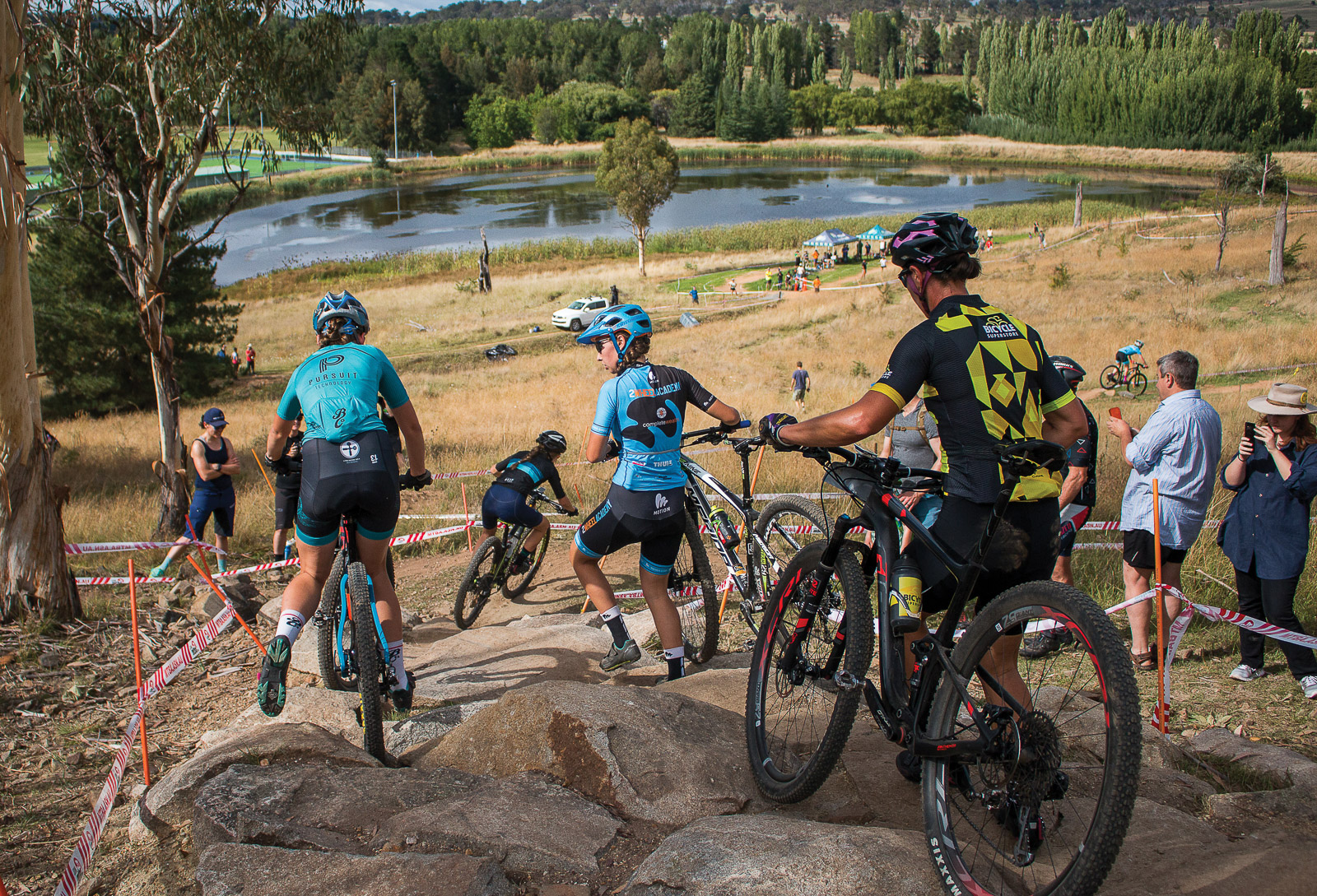
Peter Dowse
Trek-Shimano Australia
The Trek-Shimano Australia team has been prominent on the Australian cross-country scene for many years, “It’s going on 8 years now,” confirmed team manager, mechanic, feed zone support person and talent spotter Peter Dowse.
“We started this a long time ago, and our main focus was to try and fill a void of support for junior athletes, and try to build them through to trade teams or potentially a pro team.” When you consider the riders who have ridden under this banner, they have done a pretty handy job.
“This year we had a lot of our senior riders move on to bigger and better things, which was awesome to see. That somewhat forced our hand to rebuild again, and that’s what we’ve done. We looked at our U19s, and we will take them through on the journey up to bigger and better things,” stated Dowse when we caught up in the feedzone in Armidale.

With a team that can be spread far and wide around Australia, Dowse is happy to see a resurgence in state level racing.
“To be totally honest, I’ve been a big fan of reintroducing a state series. From running a team perspective, there are always limited resources for travel. It makes a lot more sense to try and keep riders within their states, there is less travel, less cost, and they can come to the show at National Champs. That way, we can save a bit of that funding to potentially take them overseas.”
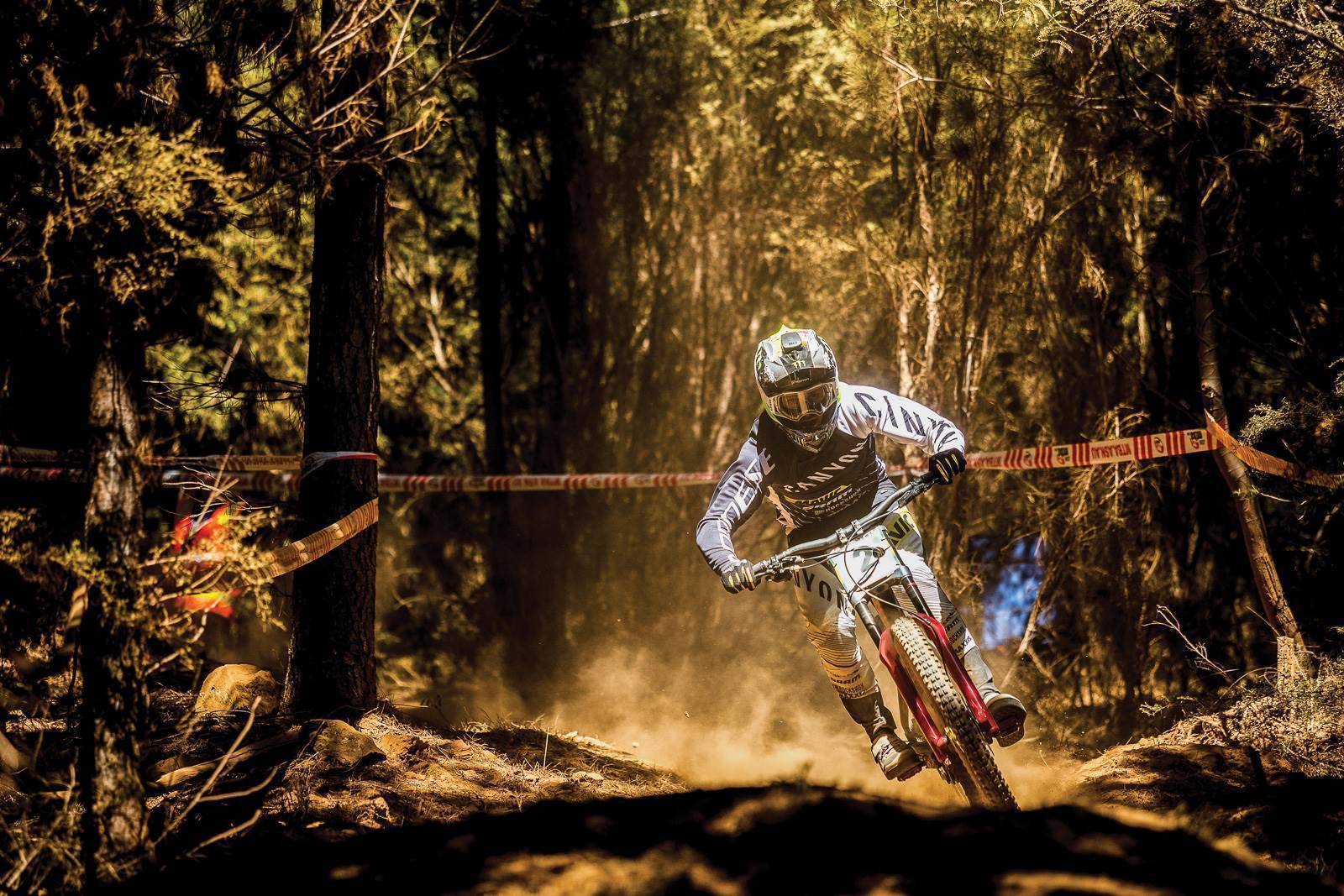
Champion riders deliver when it counts
If we look across the elite titles in men’s and women’s downhill and cross-country, there were no upsets, no big surprises. Sure, some people expected Jack Moir to win the elite men’s downhill – but there is no surprise that it was Troy Brosnan who took the title. And a champion rider like Tracey Hannah winning her 10th national title is in no way a big surprise. Championship events require everything to be right on the day, and this is where experience counts.
We saw the same thing at the Cross-Country Championships. Many suspected Holly Harris would win her first Elite XCO title, with a home track advantage and the season she’d had. But Bec McConnell’s full-time job is a bike racer, and her tenacity showed as she attacked partway into the race and continued to put time into Harris, who rode a fantastic race and finsihed 2nd. Similarly, in Elite men although Dan McConnell had openly admitted his form wasn’t where it needed to be, he finished a strong 2nd behind a triumphant Cam Ivory. Given McConnell’s other early season (or pre-season considering the length of their racing year) results this was a stand out performance, showing that when it’s time for the big show, champion riders truly deliver.
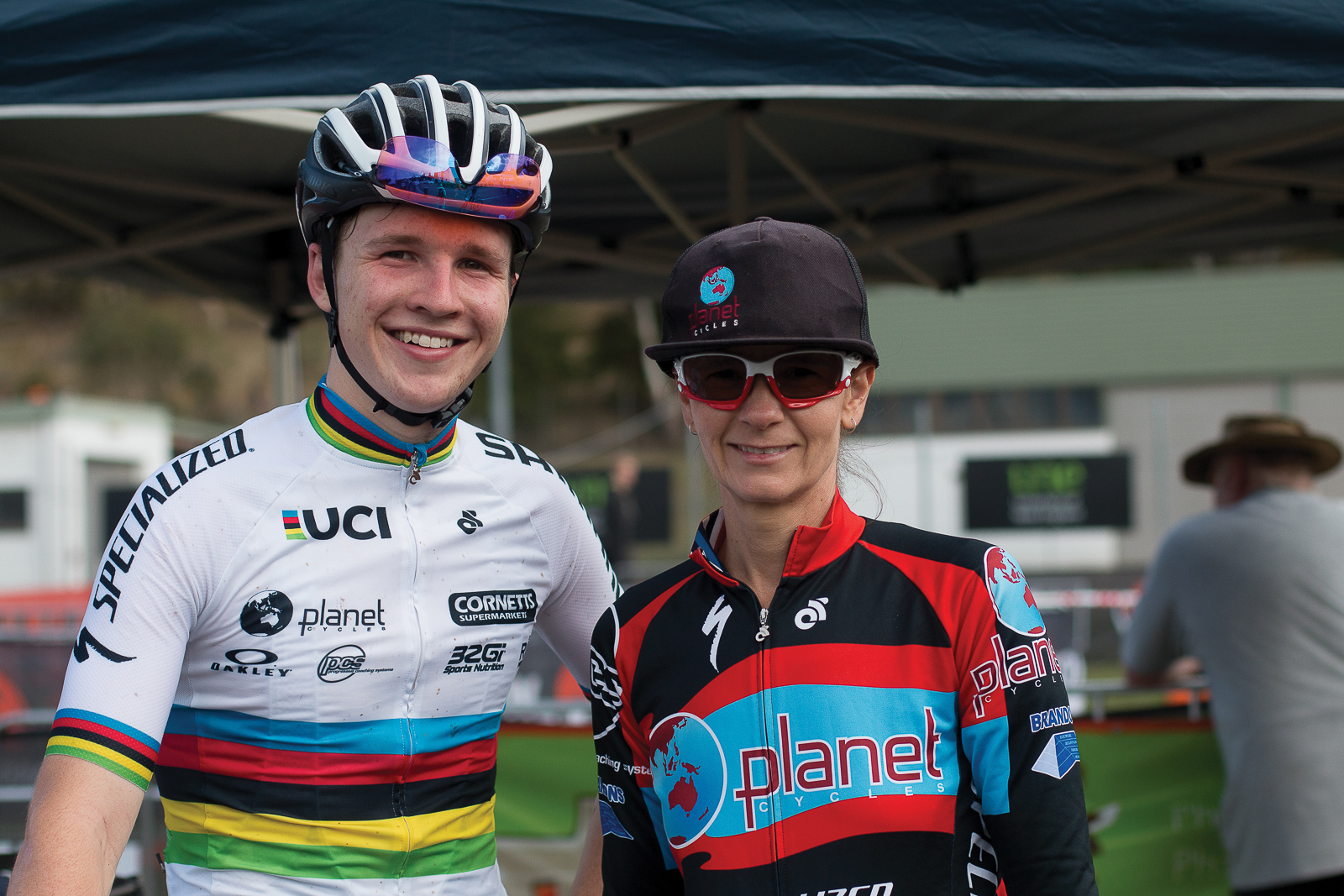
Donna Dall
PCS Racing
If you’ve ridden in South-East Queensland, you will have almost certainly come across someone from the Planet Cycles Team. The team size seems to grow each year, something head coach Donna Dall confirms. “The team started out very small, about 6 years ago. It has grown every year since then.”
The team is directly aimed at developing junior talent from the South East Queensland area, giving them experience to take beyond their own region. “The idea is to develop these juniors and take them to the National Series. We’ve had fantastic results, and we’re just so excited, “said Dall in Armidale. “We’ll carry it on, we’ll keep going”
For the past two seasons, MTBA have held double-headers for most race weekends. Meaning you race a round each on Saturday and Sunday. It is more efficient for travel, accommodation, clubs… just about everyone. But it presents its own challenges.
“It’s a catch 22. Racers can actually get more racing in. But because they are juniors, it is sometimes hard for them to double up the next day. Therefore they’re carrying all that disappointment home. Some riders actually do go better on the second day – so it really does work for some but not others.”
With a list of successful riders not limited to but including Megan Williams, Nick Pedlar, Cam Wright, Cooper Aves and more – we’re glad to hear that PCS Racing won’t be stopping anytime soon.

